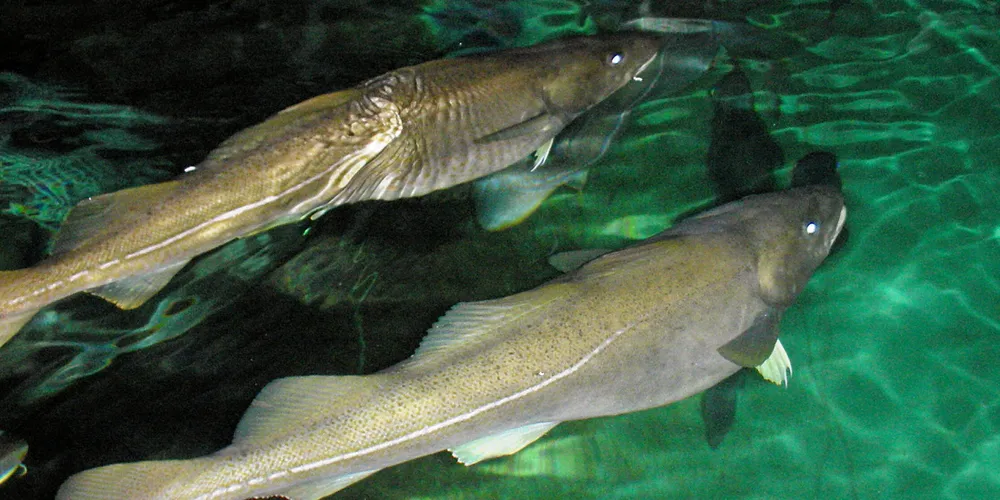'Fish hotels' | OX2 and Vattenfall want cod and mussels to make offshore wind farm home
Baltic Sea players plan to grow algae, seaweed and mussels, and provide habitat for fish around existing and planned projects

OX2 has kicked off cooperation in the north of Åland to test methods to increase biodiversity in connection with two giant offshore wind projects the company is developing off the Finnish archipelago, while fellow Nordic developer Vattenfall has teamed up with Danish universities for similar efforts.
OX2 and the companies Under Ytan and Nemo Seafarms will research how commercial algae and seaweed farming combined with ecosystem services – such as fish habitat and growing mussels to reduce the effects of over-fertilisation in the sea – can be combined with large-scale offshore wind farms.
The developer and the companies also plan to investigate reef formations around turbine foundations and so-called ‘fish hotels’ for cod.
“The conclusions from the project will have a direct effect on the establishment of the Noatun wind farms, but also on the projects Halla, Laine and Tyrsky in the Gulf of Bothnia and for the projects OX2 are developing in Sweden,” said Lotta Nummelin, marine biologist at OX2 Åland.
The Swedish-speaking Åland islands currently are a demilitarised region within Finland, a status that may become questioned in the wake of the country’s and Sweden’s desired NATO membership.
“We are looking forward to getting started with this exciting project where we will be testing and investigating how to create multi-functional ecosystems in combination with two growing industries, wind farms and growing seaweed,” said Magnus Hanstén, founder of Nemo Seafarms.
The combination of offshore wind and sustainable food production is also being pushed elsewhere in the Baltic Sea.
Kriegers Flak
Fellow Swedish developer Vattenfall has teamed up with Danish universities and other companies in the 'Win@Sea' collaboration that also aims at boosting biodiversity around the Danish part of the Kriegers Flak offshore wind complex in an area of the southern Baltic Sea.
“At Vattenfall, we want to produce fossil-free electricity without negatively affecting the environment and biodiversity,” said marine biologist Matthieu Povidis-Delefosse from Vattenfall.
“We are working towards our energy-producing assets, such as offshore wind turbines, contributing positively to biodiversity.
“That is why we are looking for synergies between fossil-free energy production and consideration for nature.”
At the ‘Kerteminde Seafarm’ Vattenfall together with Aarhus University and the Technical University of Denmark will investigate effects on the marine environment, while growing blue mussels, sugar kelp, sea lettuce and dulse on lines at the wind farm.
“We are now opening a whole new chapter as Kriegers Flak, through Win@Sea, creates new ways for sustainable food production such as algae and mussels while contributing positively towards biodiversity," Matthieu Povidis-Delefosse said.